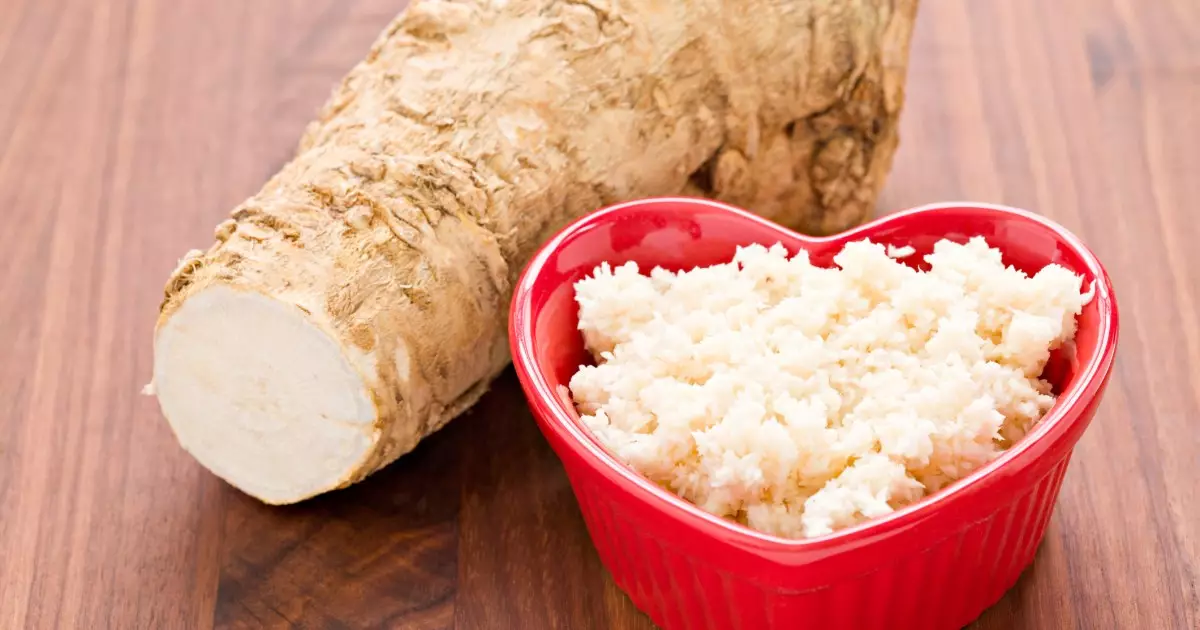Horseradish is a popular condiment, known for its distinctively sharp flavor and pungent aroma. While it’s a staple in many kitchens, especially paired with meats or used in sauces, its effects on our canine companions are far from positive. As a dog owner, the question likely arises: “Can my dog have a bite?” The immediate answer should serve as a warning: while horseradish isn’t life-threatening, it’s simply a bad choice for dogs.
The root itself is often celebrated in human diets for its health benefits, primarily due to its high levels of antioxidants and Vitamin C. However, these properties do not translate to benefits for dogs. Instead, this root veggie packs a punch that can lead to significant discomfort and pain for our furry friends.
The Dangers of Sharing: What Happens When Dogs Consume Horseradish?
When dogs consume horseradish, the powerful components can wreak havoc on their digestive systems. The spiciness, often compared to wasabi, is the very trait that makes it so appealing to humans but utterly unbearable for dogs. Imagine the sensation of intense heat and stinging in their mouths and throats—an experience that’s unwelcome and unsettling. This pain can extend down to the esophagus and even into the gastrointestinal tract, leading to a cascade of issues such as vomiting and diarrhea.
If your pup has accidentally nibbled on horseradish, keep calm. In many cases, dogs may recover without requiring veterinary assistance. However, it’s crucial to monitor your furry friend for any unusual symptoms, particularly signs of an allergic reaction, which could signal something more alarming. Symptoms could include swelling, difficulty breathing, or skin rashes. Should any of these occur, immediate veterinary care is essential.
Safe Alternatives for Your Furry Friend: Nourishing without the Pain
As dog owners, we often seek to share our culinary delights with our pets, but horseradish should be the exception. If your goal is to introduce root vegetables into your dog’s diet for their health benefits, there are far better options available. Vegetables like jicama, Jerusalem artichokes, and ginger serve as safe alternatives that not only provide vitamins and minerals but also lack the fiery punch of horseradish. These options can engage your dog’s taste buds without causing discomfort.
Practical measures become even more vital if your dog does experience adverse reactions. A gentle recovery diet of bland foods, such as boiled chicken and rice, can help soothe an upset stomach. It’s always advisable to consult your veterinarian if there are persistent symptoms.
The bottom line is clear: while horseradish may enhance human dishes, it is a perilous path for dogs. Always be mindful about what snacks make their way into your dog’s bowl, as their health and comfort depend on it.

